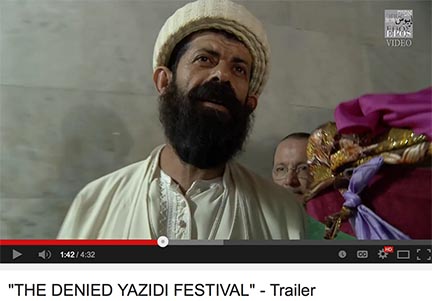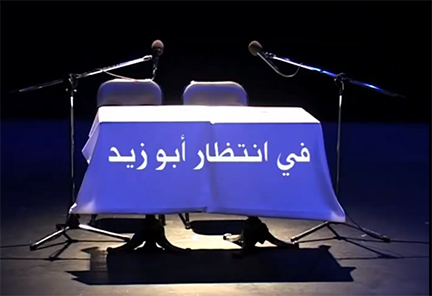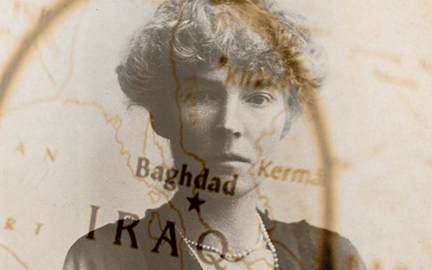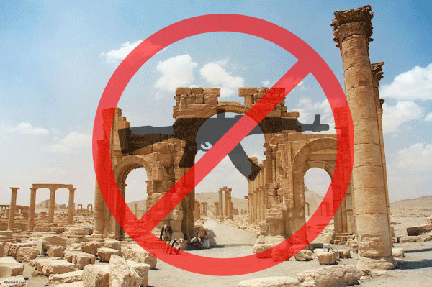
Throughout history in almost every culture there has been the sordid practice of beheading. John the Baptist lost his head to King Herod. Louis XVI lost his under a French guillotine. But few would argue that beheading is just today, no matter what the rationale. The recent choreographed beheadings of ISIS have brought the issue once again to a head. Unfortunately, such video propaganda only feeds Islamophobia, even though there is no legitimate justification for such a practice in Islamic law or the sunna of the Prophet. Not one of the companions of the prophet is recorded as having decapitated an enemy; certainly the Prophet himself never committed such an act. Indeed, the blood-soaked ISIS spectacles are pornographic.
I recently came across a lengthy fatwa on the Islamic Sham Organization in response to the question if beheading is sanctioned in Islam. I attached it below as it is well worth reading.
السؤال:
ما Øكم Ø°Ø¨Ø Ø£Ø³Ø±Ù‰ الأعداء بالسكين؟ وهل هو Ùعلاً سنة نبوية يمكن اتباعها؟
الجواب:
الØمد لله، والصلاة والسلام على رسول الله، وبعد:
Ùقد أرسل الله سبØانه وتعالى رسولَه بالهدى والعدل والرØمة، Ùكان مما شرعه الإØسان ÙÙŠ استيÙاء العقوبات والØدود والقصاص، بأن تكون بأيسر طريقة وأسرعها، ومنعَ من كل ما Ùيه تعذيب وتمثيل، كتقطيع الأعضاء ÙˆØ§Ù„Ø°Ø¨Ø Ø¨Ø§Ù„Ø³ÙƒÙŠÙ†ØŒ Ùإنها من الطرق الشنيعة والمنكرة ÙÙŠ القتل، وبيان ذلك Ùيما يلي:
Continue reading Fatwa on Beheading






